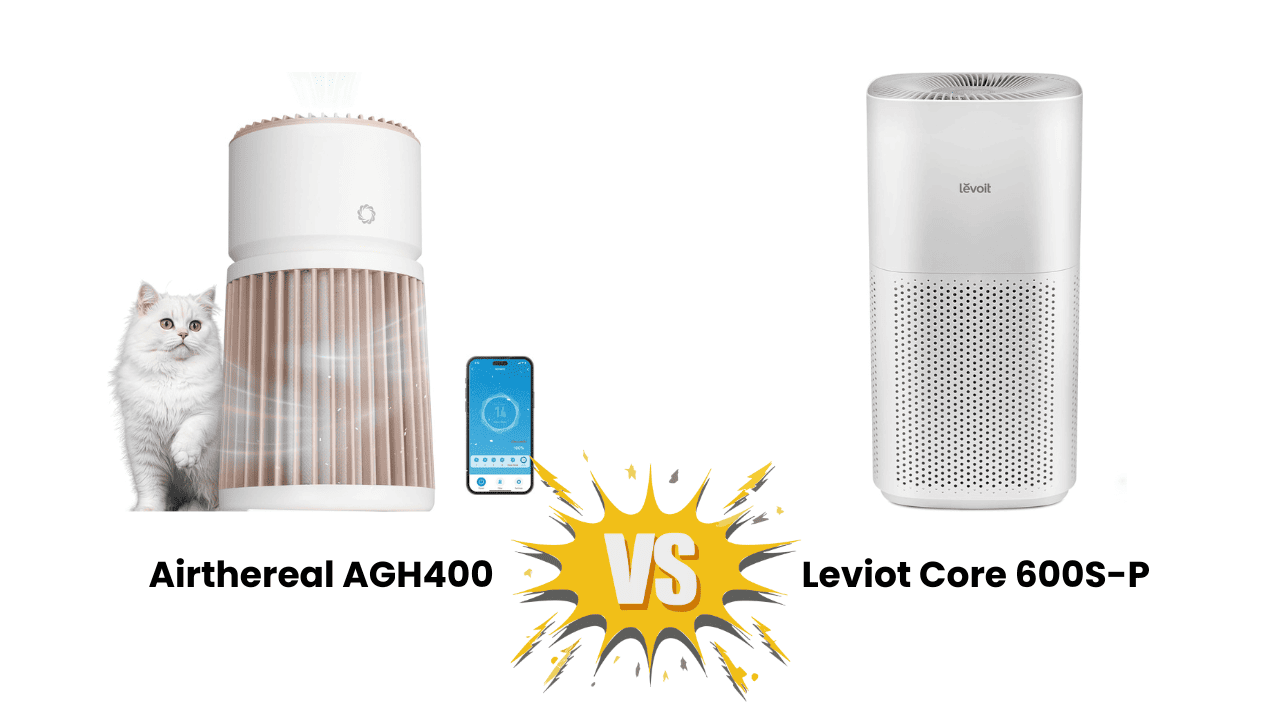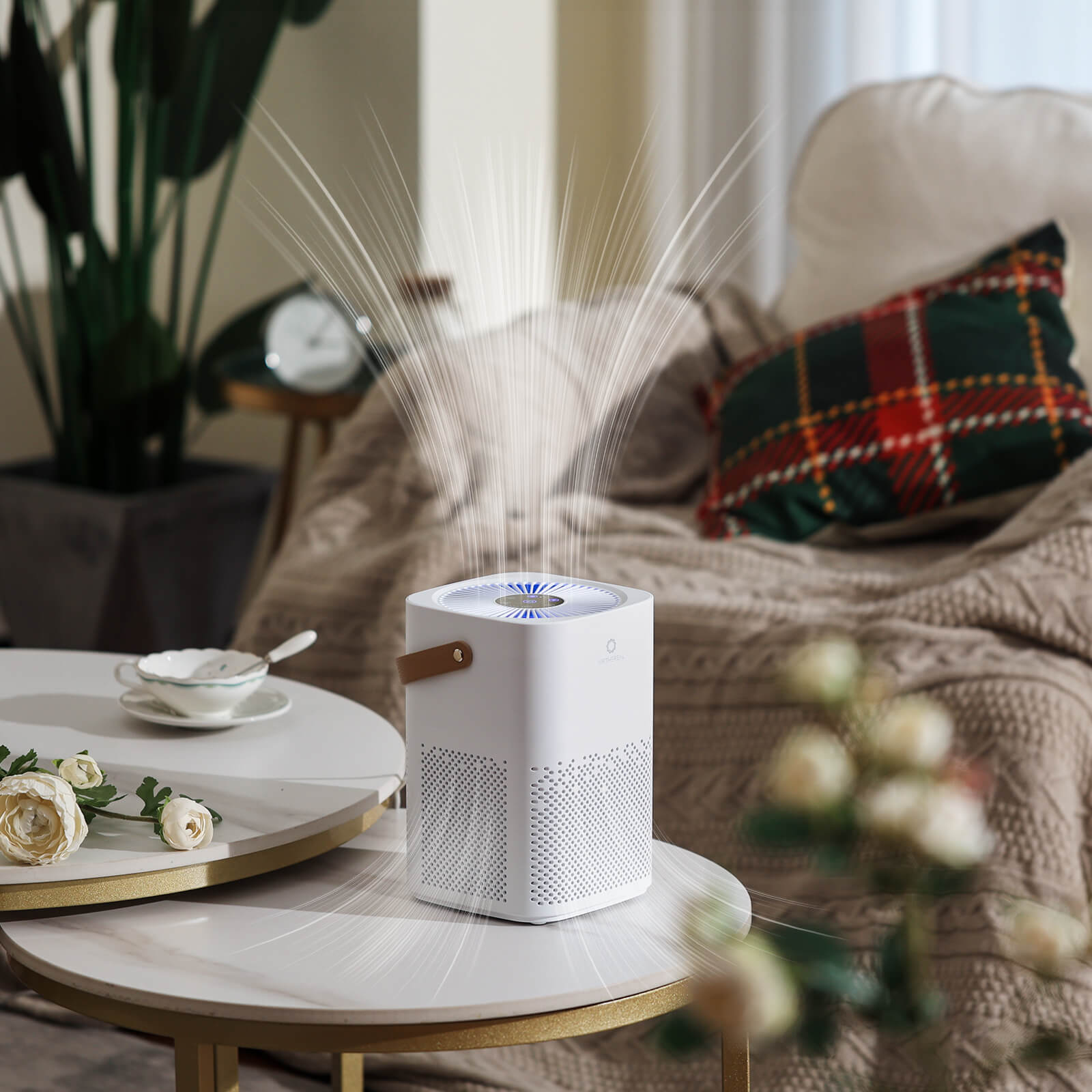HEPA Grade Comparison: How to Choose Between HEPA 12, HEPA 13, and HEPA 14
When choosing an air purifier, the quality of the filter makes all the difference. Many people are familiar with HEPA filters, but not all HEPA filters are created equal. HEPA filters are classified into different grades, such as HEPA 12, HEPA 13, and HEPA 14, each with its own efficiency level and best-use scenarios. Let’s break down what these grades mean, how they’re tested, and how to choose the right one for your needs.
Source of Standards
HEPA filter classifications are based on standards from the European Norm EN 1822 and ISO 29463, which set requirements for efficiency and particle capture. These standards define how filters are tested and how effective they must be at trapping tiny particles, typically as small as 0.3 microns in diameter. This particle size is considered the “most penetrating particle size” (MPPS), meaning it is the most difficult size to capture.
HEPA 12, 13, and 14 Efficiency Definitions
- HEPA 12: Captures at least 99.5% of airborne particles at the MPPS.
- HEPA 13: Captures at least 99.95% of airborne particles at the MPPS.
- HEPA 14: Captures at least 99.995% of airborne particles at the MPPS.
The difference between each grade may look small on paper, but in practice, it can matter depending on your environment. Each step up in grade means a tenfold reduction in the number of particles that pass through.
Quick Comparison Table
|
HEPA Grade |
Minimum Efficiency at MPPS |
Best Use Case |
|
HEPA 12 |
≥ 99.5% |
General household use, everyday dust and pollen |
|
HEPA 13 |
≥ 99.95% |
Allergy and asthma relief, city pollution, and medical-grade home use |
|
HEPA 14 |
≥ 99.995% |
Clean rooms, labs, hospitals, and highly sensitive environments |
Specific Comparison and Application Analysis
- HEPA 12 is suitable for general household use in spaces with average air quality. It is effective against dust, pollen, and pet dander, but may not be ideal for highly sensitive environments.
- HEPA 13 is often found in medical-grade purifiers and is a great option for homes where residents suffer from allergies, asthma, or sensitivity to pollution. Most of our air purifiers come equipped with or offer replacement HEPA 13 filter options
- HEPA 14 provides the highest protection level among the three, suitable for clean rooms, laboratories, or healthcare settings where air purity must meet strict standards. While HEPA 14 offers superior filtration, it also requires stronger airflow to push air through such a dense filter, which may increase noise or reduce energy efficiency in home use.
How to Choose the Right HEPA Filter
When selecting a filter, consider your environment and needs:
- For general dust and pollen control, a HEPA 12 filter is usually enough for msot homes
- If you live in a city with higher pollution levels or have respiratory concerns, HEPA 13 strikes the right balance of efficiency and practicality.
- For highly sensitive environments or specialized needs, HEPA 14 is the gold standard, though it is probably not necessary for average home use.
Conclusion
All three HEPA grades play an important role, and the best choice depends on your air quality concerns. For most households, HEPA 13 provides an excellent balance between high efficiency and energy-friendly operation. Choosing the right HEPA filter ensures that you and your family can enjoy cleaner, safer air every day.
Check out our full lineup of Airthereal air purifiers to learn more and choose the best one for your needs!



